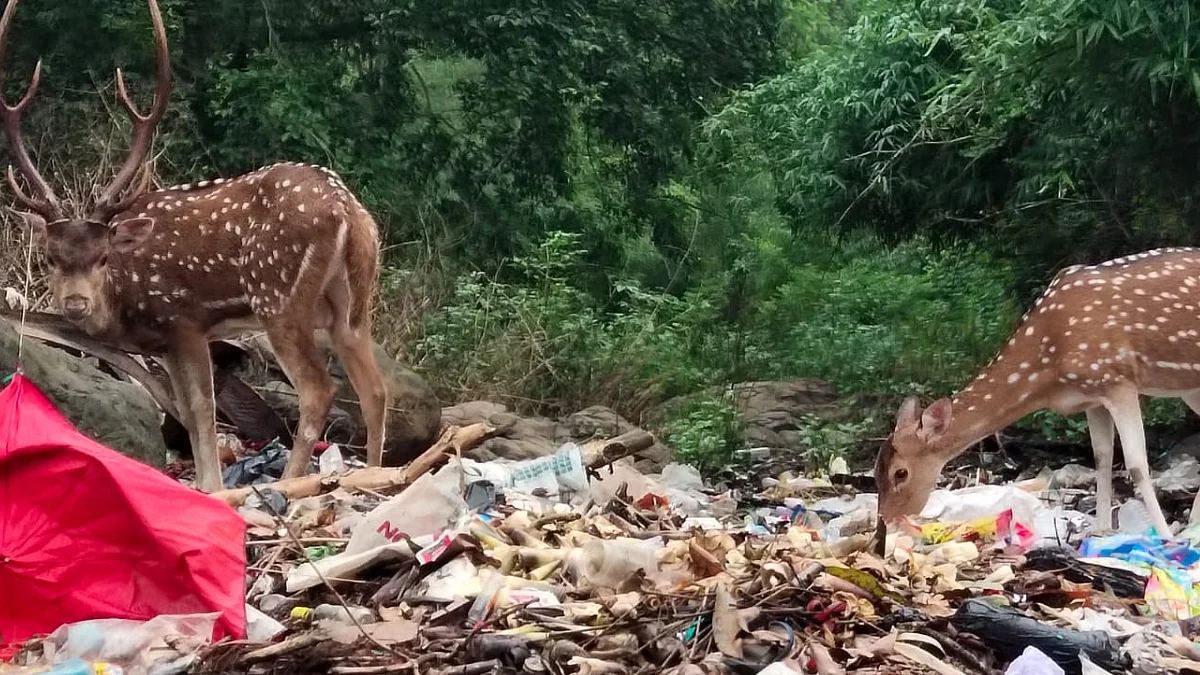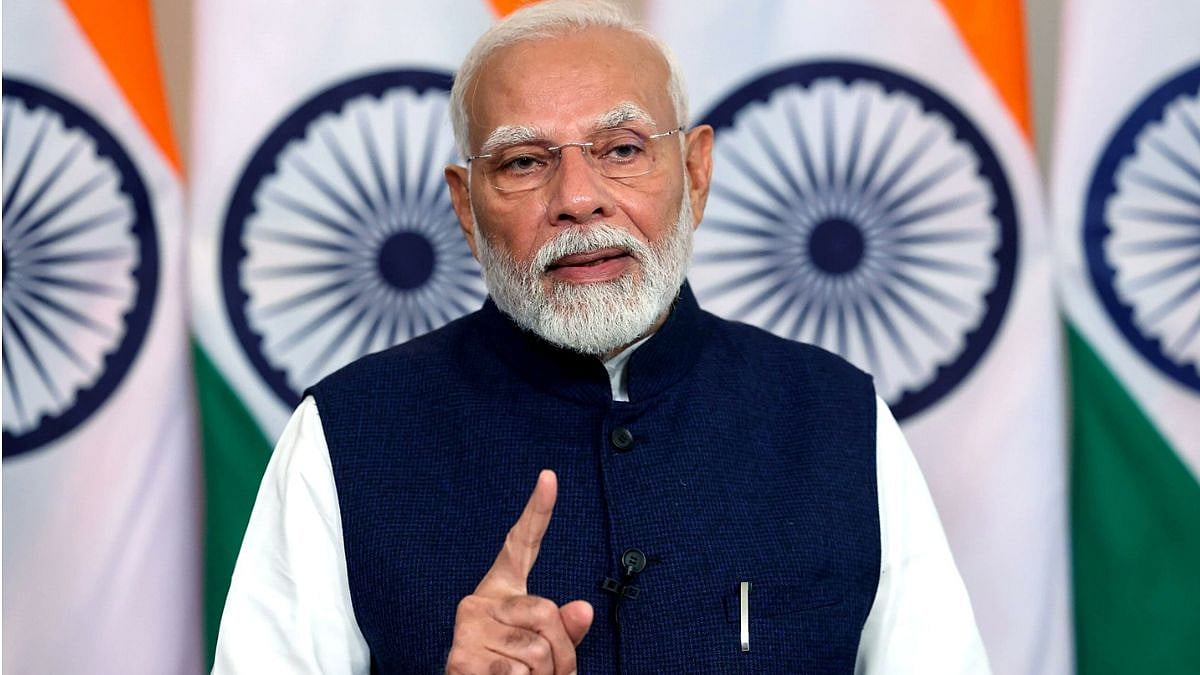The Bharatiya Nyaya Sanhita, 2023 ('New Penal Bill'), the Bharatiya Nagarik Suraksha Sanhita, 2023 ('New Procedure Bill'), and the Bharatiya Sakshya Bill, 2023 ('New Evidence Bill') have set a bad precedent because the President signed them in unseemly haste without a debate when 145 Opposition MPs were suspended from Parliament. "This is undemocratic and fraught with dangerous consequences," opined Congress MP (south Goa) Francisco Sardinha and Goa opposition leader Yuri Alemao.
Sedition-like actions will be punished that invade free speech, said Congress MPs
They said the most significant aspect was that the word 'Indian' was substituted by 'Bharatiya.' The word 'sedition' was merely substituted by a broader and vague phrase ", acts endangering sovereignty, integrity and unity of the country", without precisely defining these acts. Actions similar to sedition, which invades free speech, dissent, and journalistic freedom, will be penalised. The punishment under Clause 150 mandates imprisonment under all circumstances, unlike Section 124A, under which the penalty could be limited to a fine.
Changes approved by the President without input from opposition
After the three criminal law reform bills were introduced in the Monsoon Session, they were later referred to the Home Affairs' Standing Committee, which suggested various changes. President Droupadi Murmu approved these changes without any input from the Opposition.
Senior Karnataka High Court judge Michael Saldanha, who retired in 2004, said, "I consider the passage of these bills without a debate pathetic because many new provisions certainly required consideration. Even assuming the Opposition was not there, in my opinion, the passing of these laws could have waited until the next sessions; I consider this irreversible damage."
The FRI filing process is already online, said lawyers
According to Amit Shah, the amended laws promise to end the era of three-pe-three by delivering judgments within an outer limit of three years and ensuring the entire process, from registering an FIR to the final judgment, is online. However, criminal lawyers have pointed out that the process is already online. These three new laws provide for stringent punishment for crimes against women and define organised crime, terrorism, and mob lynching by plugging existing loopholes. Stringent punishment has been given to those who work against the nation, but the right against self-incrimination may have been diluted, opined lawyers.
The Modi government re-introduced the three new bills on December 12 after withdrawing the previous versions introduced in August. The Rajya Sabha Chairman, Jagdeep Dhankar, said, "These three bills which create history have been passed unanimously. They have unshackled the colonial legacy of our criminal jurisprudence that was hurtful to citizens of the country and favoured alien rulers." However, the Opposition has jocularly pointed out that passing the bills was unanimous because those who opposed the government were suspended.
Present govt functioning without Opposition, said Congress MP
Congress MP Francisco Sardinha said it was "unfortunate this government functioned without the Opposition. The government never pays heed to whatever the Opposition brings to its notice and never changes a line of whatever laws they introduce in Parliament. Whatever the Opposition says falls on deaf ears, which is why the government listens only to their MPs who eulogise their actions."
The bills contain several provisions that invade the right to privacy and free speech. They attempt to digitise many aspects of criminal procedure and include 'digital evidence' under the ambit of the evidence law without outlining procedural safeguards. The government's powers to search and seize digital evidence have been broadened by the invasion of fundamental rights and the right against self-incrimination.


.jpg)






